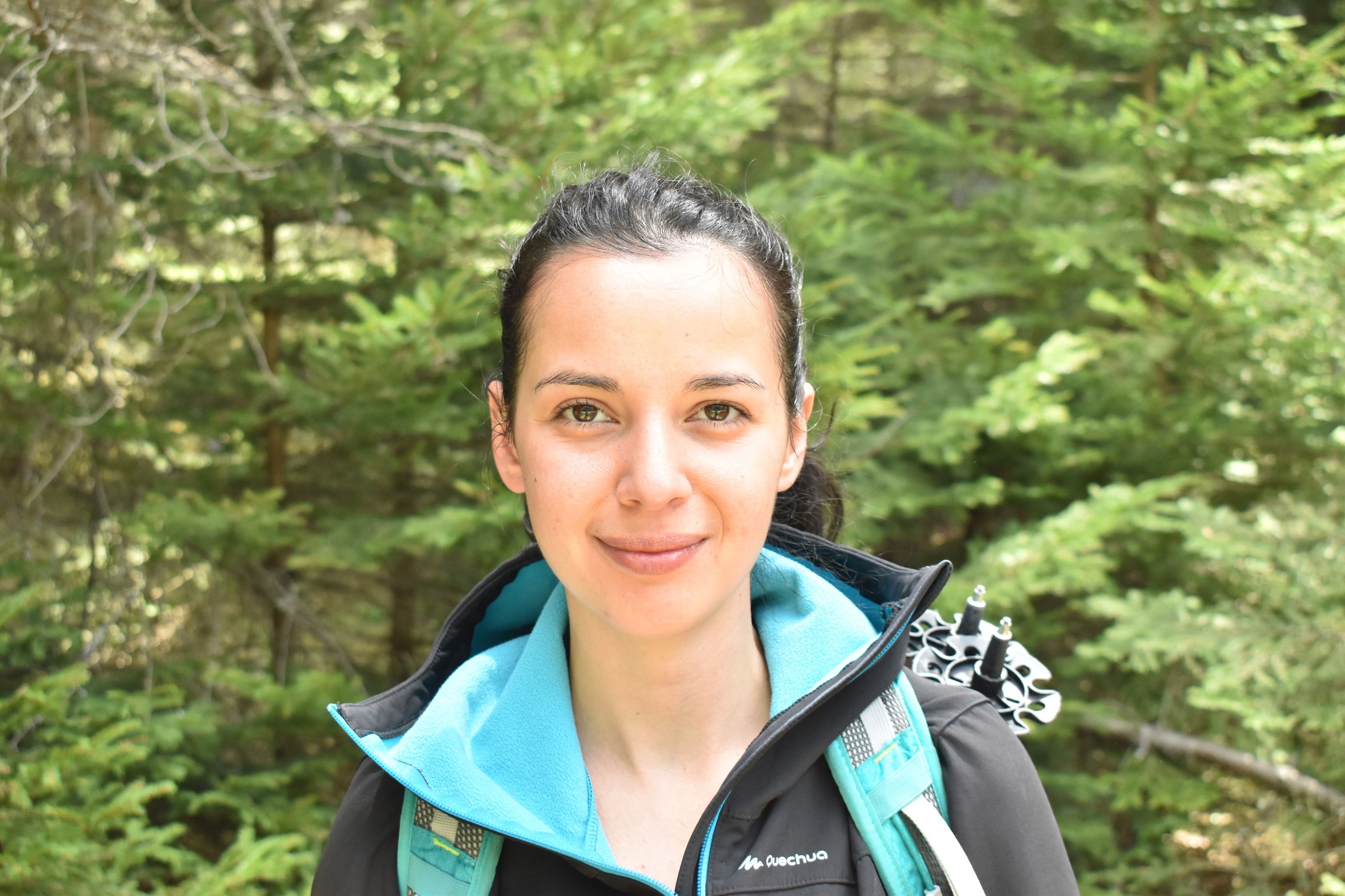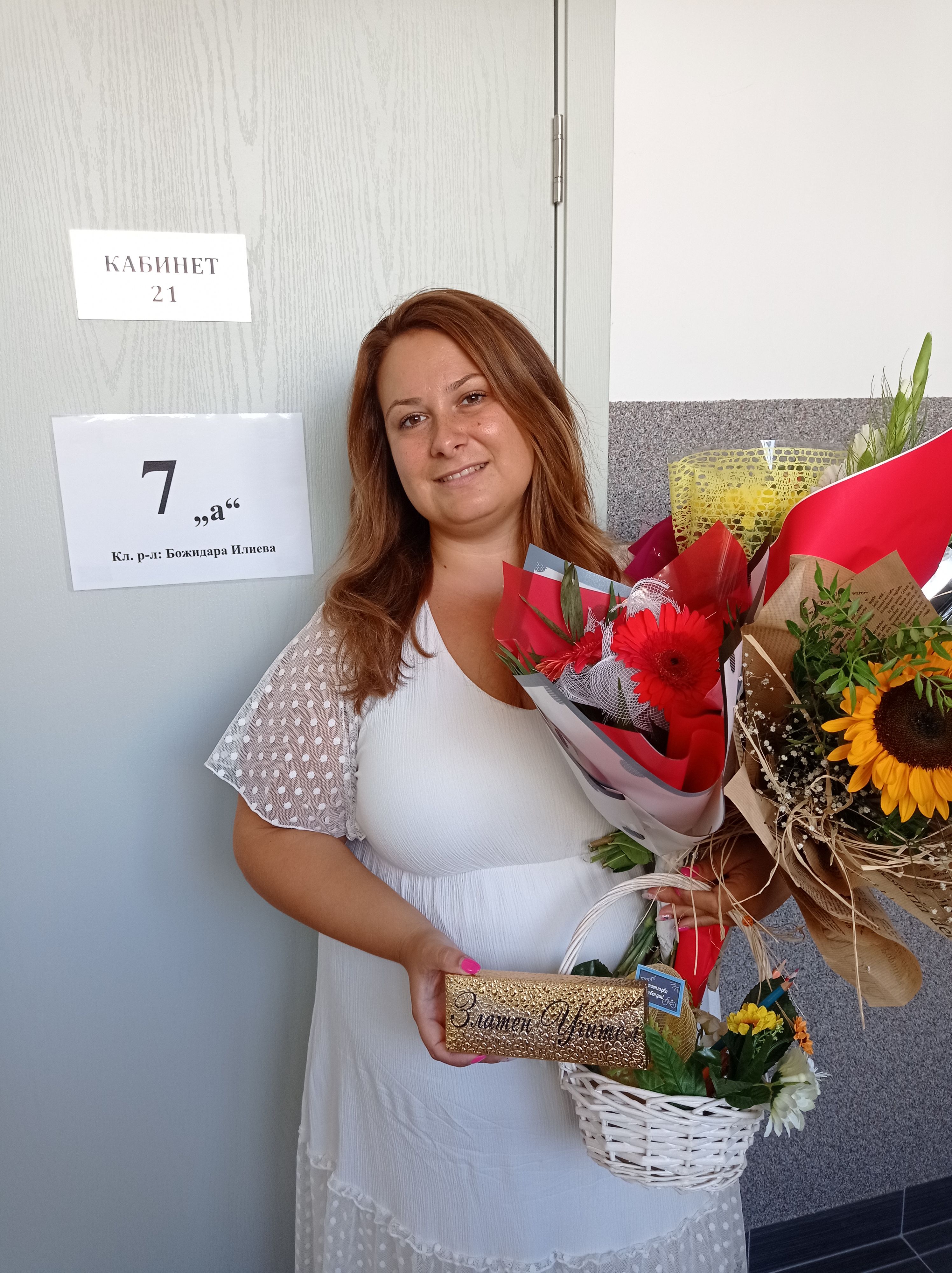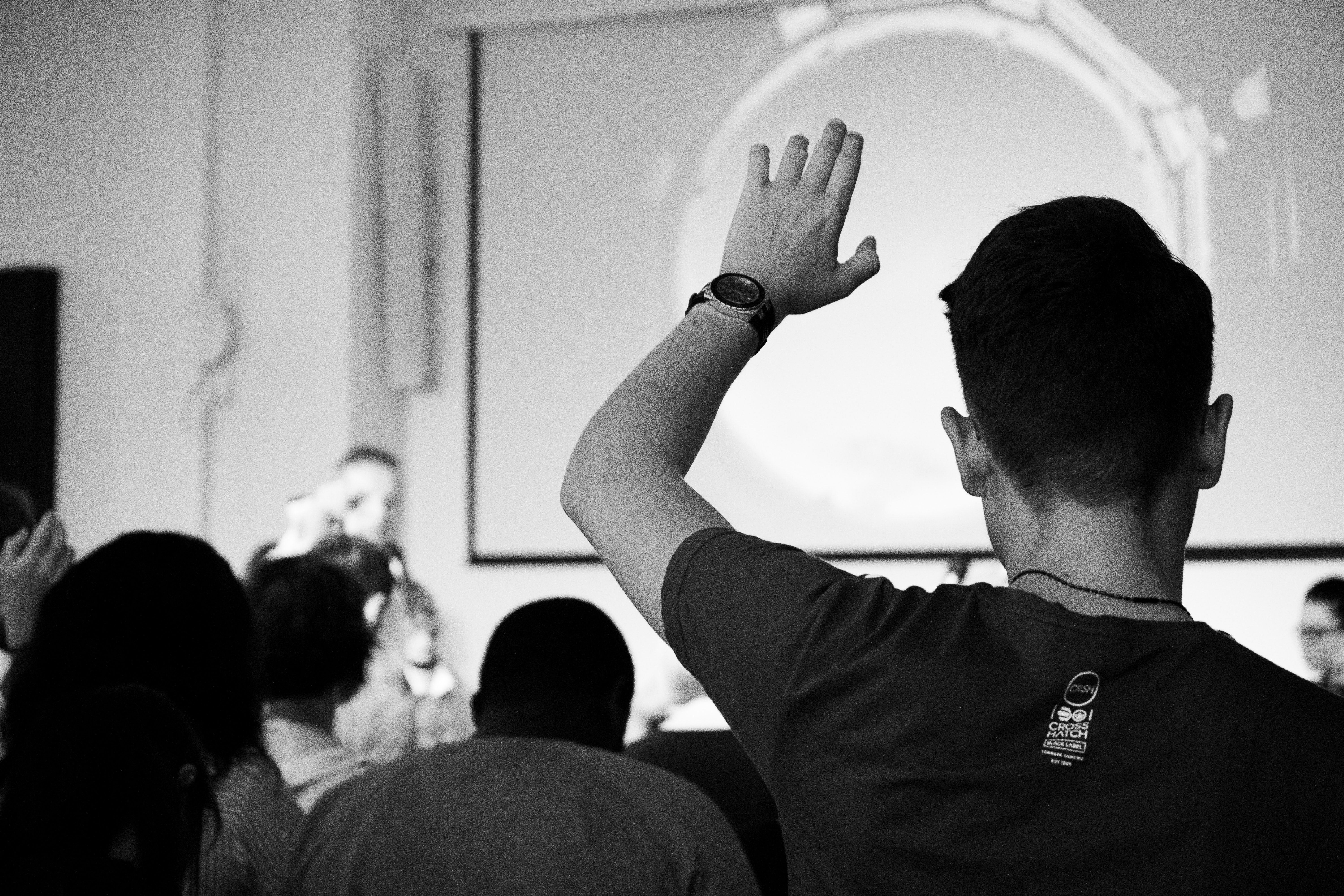The perspective that professionals can show children
Written by Istvan Bus, edited by Scott Green, photos by Teach for Bulgaria and Unsplash
“Role-playing games give students and me a new perspective on the profession itself – responsibilities, obligations, difficulties, privileges, as far as it is possible to recreate in a learning environment.” - perhaps, Bozhidara’s description is the most powerful summary about how role-playing can benefit education. But what is role-playing actually and who are the role models when it comes to the classroom? We have already introduced Teach for Bulgaria in a previous article, now let us see their approach to how they engage the young ones in learning. Two dedicated teachers of the organization, Bozhidara Ilieva, and Elena Tatarova are here to explain.
A helping hand from the outside
"A role model must be relevant to education, be willing to listen to children and be open to talking to them, be aware of why he has chosen this profession and what qualities are useful to him to practice it.”, describes Bozhidara, while Elena ads that “Role models are usually open, inspiring, honest and good storytellers.”
They are the ones who bring the living, fresh, and often down-to-earth experience about the way things work in practice – they complement the education system, which at times can be too abstract and theoretical. As Bozhidara explains, “Sometimes children need to communicate and hear other people who can talk openly with them about how to actually succeed; why they have to learn math when they want to become artists; why they should be literate when they plan to create games and computer programs; why they need to be able to form a text document when they think of being music performers.”

Such meetings with an enthusiastic professional coming from the field can make a deep impact in the classroom, as Elena suggests: “Every interaction is important. Sometimes we can meet someone for an hour and that meeting can have a profound effect on our personality and change our lives. The role model in the classroom contributes to that change.”
Stepping into others’ shoes
The definition of role-playing is to imitate real-life situations like being a flight controller, manager, or business owner to link theory and practice. Elena, who teaches English, finds this method particularly useful: “Role-playing is a great way for children to realize the importance of learning a new language and its application in real life. Words, phrases, and even grammar are no longer separate unit points but are integrated into a wider context. The opportunity to act out different situations makes them more comfortable and at ease when speaking in a foreign language.”
Furthermore, it enhances extra-curricular skills as Bozhidara explains here: “Role tasks give them the opportunity, in addition to gaining subject knowledge, to develop skills for working in groups, to develop leadership skills, to meet deadlines, to develop their communication skills, as well as a number of other skills that they will need to have [sic] successfully realized professionals and people in the future.”
And the main advantage of role-playing?
“They have a lot of fun when some of them are owners of a chain of stores, where the goods are their choice, and the others are suppliers of goods and buyers and have to prepare offers, inquiries or present a new product. They also have fun when they are chefs and present an author's recipe book. Or when they are photographers and have to use different light and background of their models – their classmates and favorite objects.” shares Bozhidara.

“Role-plays tell me that students are still naturally curious children that learn best by play. The ones they enjoy most are when they act out different professions or put themselves in my shoes as their role is to teach a certain lesson in class,” adds Elena.
“All the world’s a stage, / And all the men and women merely players” – said Shakespeare in As You Like It. Well, children tend to like it when they have the chance to bring the curriculum to life in the classroom. And who knows, maybe role-playing is only their grand rehearsal before becoming flight controllers, managers, chefs, photographers, or business owners.
If you are intrigued by becoming a role model and wish to participate in this project, Teach For Bulgaria is looking forward to your application as early as October - send a message to [email protected] and the team will get back to you.
